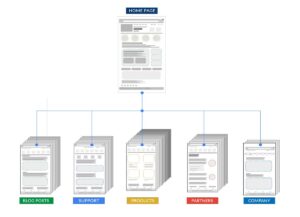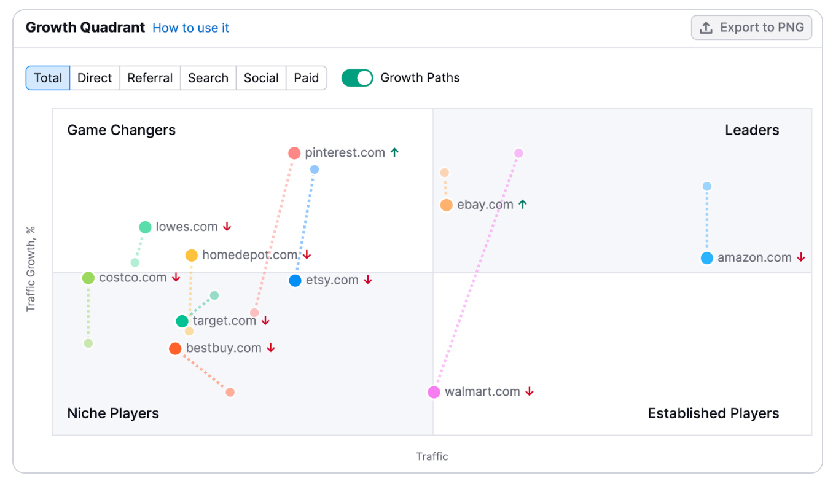Search Campaign Competitor Assessment
Once of the first steps we take before designing search ad campaigns, is to conduct a paid search competitor assessment:
- Identify the significant direct and indirect competitors.
- Familiarize with their products, services, and positioning in the market.
- Familiarize with advertising history, ad copy, ad spend.
- Identify significant competitive trends.

We use tools to identify average click costs and conversion rates in the sector, vertical, and geo-target the campaign will run in, along with other key performance indicators (KPI’s). While spidering competitor websites we harvest keywords and gain a level of understanding which is uniquely useful in structuring and configuring a search campaign.
Some search campaigns need to rely upon keywords that either overlap with other business sectors, have too low of click volume to serve in a campaign, or prohibitively expensive clicks versus the ad spend available. These issues are uncovered during competitor analysis and keyword discovery. Keyword overlap influences how we structure new search campaigns.
Competitor Awareness Essential For Campaign Designers
What we learn in competitive analysis informs our strategy in developing your campaign. It is also important when optimizing campaigns. If a PPC manager doesn’t have a baseline product marketing understanding of the environment, the campaign is unlike to benefit from finessed adjustments informed by marketing considerations.
Our competitor analysis process equips us with the information to begin the keyword discovery process. The keyword discovery process helps with many aspects of our process. This includes identifying, expanding, and prioritizing our most important keywords.

